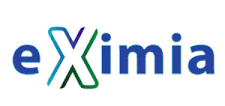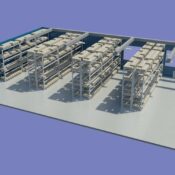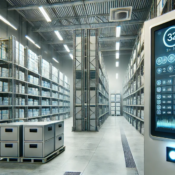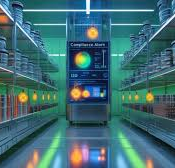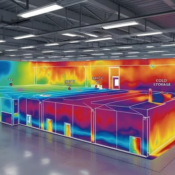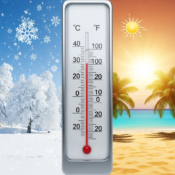In today’s fast-paced industrial landscape, precision and compliance have become non-negotiable, especially in sectors dealing with pharmaceuticals, food, and healthcare logistics. Maintaining the correct temperature throughout the storage and transportation process is not only about meeting regulations—it’s about protecting product integrity and consumer safety. That’s where temperature mapping studies come in.
At Eximia360 (www.Eximia360.com), we specialize in temperature mapping studies across Saudi Arabia — including Riyadh, Jeddah, and Dammam — to ensure controlled environments remain within validated temperature ranges. By using cutting-edge sensor technologies, Eximia360 delivers accurate, reliable, and data-driven results that empower clients to make informed decisions.
Below, we explore four advanced sensors revolutionizing the precision and reliability of temperature mapping in Riyadh and beyond.
1. Wireless Data Loggers: Real-Time, Hassle-Free Monitoring
Wireless data loggers are a game-changer in modern temperature mapping studies. These compact devices continuously monitor temperature and humidity in real time and transmit data via Wi-Fi or Bluetooth.
In a city like Riyadh, where temperature fluctuations can be extreme, wireless sensors eliminate the need for manual readings and reduce human error. Eximia360’s wireless sensor systems allow seamless data collection during temperature mapping studies, providing live insights into every zone of the facility — from cold rooms to transport vehicles.
This technology also supports automated reporting, ensuring instant alerts whenever a temperature deviation occurs, thus maintaining uninterrupted compliance with GDP and GMP standards.
2. Infrared (IR) Thermal Sensors: Pinpointing Temperature Variations
Infrared sensors offer a non-contact method to detect temperature variations on surfaces and in ambient air. During a temperature mapping study, these sensors are particularly useful in identifying “hot” or “cold” spots — areas where temperature is not evenly distributed.
In Riyadh’s high-demand pharmaceutical storage facilities, such precision is crucial. Eximia360 integrates IR sensors during mapping validation to ensure uniform temperature distribution across critical areas. These sensors also support high-resolution thermal imaging, enabling our experts to visualize airflow and insulation efficiency with exceptional detail.
By leveraging infrared technology, our temperature mapping studies go beyond numerical data — they deliver visual diagnostics that enhance accuracy and operational efficiency.
3. Smart IoT Sensors: Connected Intelligence for Data-Driven Operations
The Internet of Things (IoT) is reshaping temperature monitoring in Saudi Arabia’s logistics and healthcare sectors. Smart IoT temperature sensors, connected through cloud-based platforms, enable continuous environmental tracking across multiple sites.
At Eximia360, we use IoT-enabled sensors during temperature mapping studies to collect and analyze temperature data from various zones simultaneously. The data is transmitted to a centralized dashboard, allowing clients to monitor their facilities in Riyadh, Jeddah, or Dammam from a single interface.
IoT integration also allows for predictive analytics, identifying potential risks before they escalate. For example, if a storage area in Riyadh shows a pattern of rising temperature, the system alerts operators to inspect cooling units before a failure occurs — saving valuable inventory and ensuring uninterrupted compliance.
4. High-Precision Calibrated Sensors: The Benchmark of Accuracy
Calibration is at the heart of any temperature mapping study. Even the most advanced sensors must be regularly calibrated to maintain accuracy. Eximia360 employs high-precision calibrated sensors traceable to international standards, ensuring every reading reflects the true temperature conditions of the environment.
These sensors are critical for validation studies in pharmaceutical warehouses, hospitals, and cold-chain transport vehicles. Our team ensures all equipment is pre-calibrated and verified before deployment, and data is validated post-study to ensure complete accuracy.
The result is a reliable temperature profile that stands up to both internal audits and external regulatory inspections — giving businesses in Riyadh and across Saudi Arabia confidence in their temperature-controlled operations.
Conclusion
The success of a temperature mapping study depends not only on methodology but also on the quality and precision of the sensors used. By integrating wireless data loggers, infrared sensors, IoT smart sensors, and high-precision calibrated devices, Eximia360 delivers unmatched accuracy and reliability.
Our goal is simple — to help organizations in Riyadh, Jeddah, Dammam, and across Saudi Arabia maintain compliance, ensure safety, and protect product integrity through cutting-edge temperature mapping solutions.
To learn more about how Eximia360 can optimize your temperature mapping processes and validation studies, visit www.Eximia360.com.
